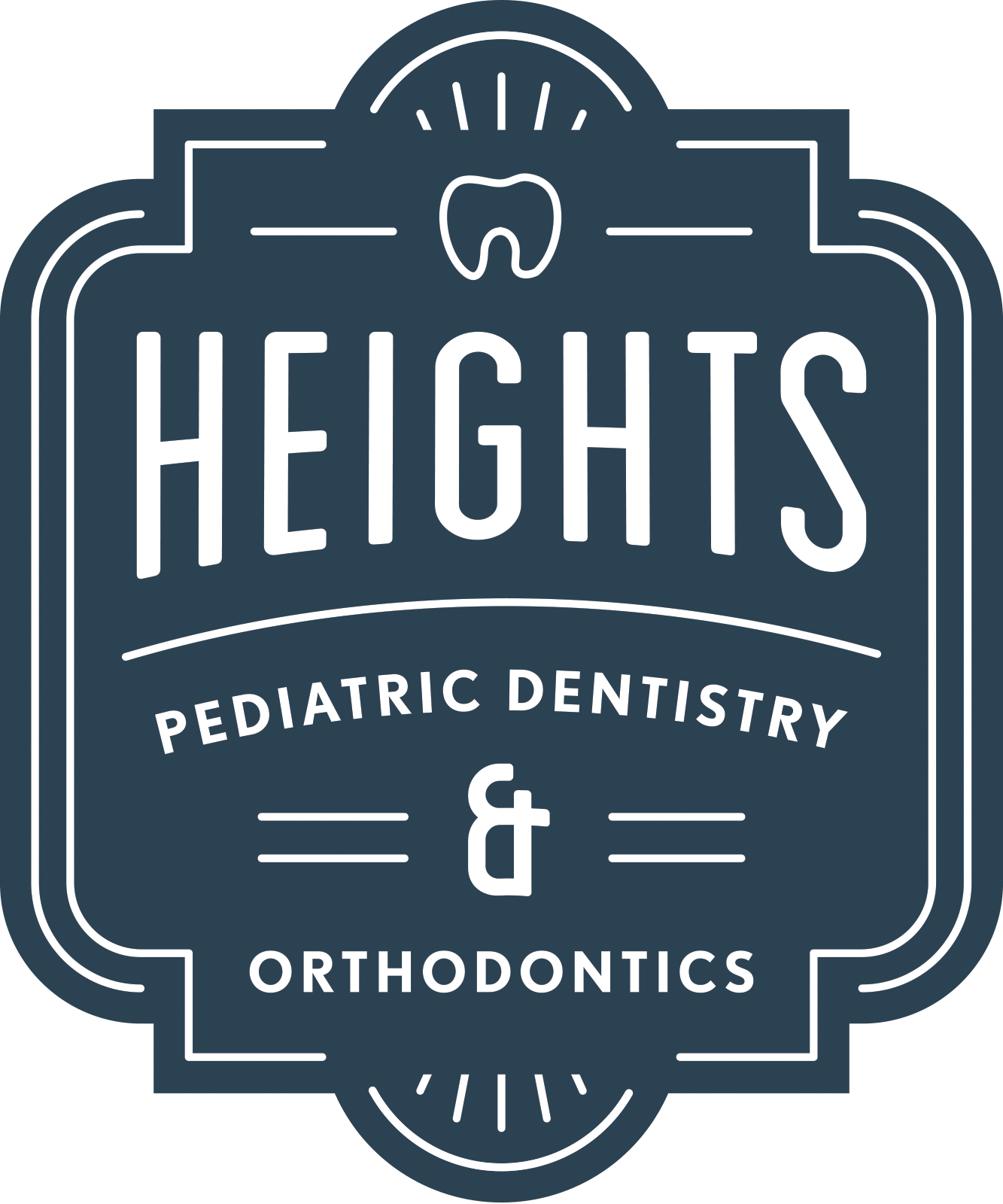Why its important to visit your dentist for routine check-ups!
/Did you know that approximately more than 51 million school hours are missed annually by school-aged children due to a dental problem or visit?! Regular dental visits (i.e. “preventive dentistry”) help children stay cavity-free.
Preventive dentistry can keep your child’s smile healthy and attractive. Children in dental pain are distracted from their studies. Children with healthy teeth have better attendance and are more attentive in school. Children with healthy mouths are more likely to be able to eat comfortably and get the sleep they need. A healthy mouth is more attractive, giving children confidence in their appearance. Finally, preventive dentistry means less extensive and less expensive treatment for your child.
Teeth cleanings remove plaque build-up on the teeth. Plaque irritates the gums and causes decay. Fluoride treatment renews the fluoride content in the enamel, strengthening teeth and preventing cavities. X-rays help the dentist to see inside your teeth and underneath the gums and bone where we cannot visually see with our eyes. These x-rays can detect cavities before they become a big problem, can detect abnormal pathology, infections, missing teeth, and more. It is essential to get an on-going assessment of changes in a child’s oral health by a pediatric dentist. For example, a child may need additional fluoride, dietary changes, sealants or interceptive orthodontics for optimal oral health.
Other preventive steps you can take to keep your child cavity-free:
Good home dental care - brush twice a day (after breakfast and before bed). Parents should supervise the brushing for school-age children until they are 7-8 years of age (about the same time they can tie their own shoelaces or write in cursive). The best toothbrushes have soft, round-ended (polished) bristles that clean while being gentle on the gums. The handle should be the correct size to fit your child’s hand. When adjacent tooth surfaces are touching or tight, it is time to begin daily flossing.
Fluoride - Fluoride not only helps prevent cavities and slows the growth of decay, but it can also reverse decay in its early stages. The enamel of a tooth remineralized with fluoride is stronger than the original tooth surface. Water fluoridation is still the No. 1 cost effective way to prevent tooth decay. Select a fluoride toothpaste with the American Dental Association Seal of Acceptance.
Sealants - Most cavities in children occur in places that sealants could have protected. Pit and fissure (i.e. grooves) decay accounts for 80-90% of cavities in permanent back teeth and 44% in baby teeth. With appropriate follow-up care, the success rate of sealants may be 80-90% even after a decade!
Limited snacking - Snack in moderation, no more than three times a day. Snacks should contribute to the overall nutrition and health of the child. Cheese, fresh fruits, vegetables and yogurt are all nutritious snacks. Check out last month’s blog post all about snacking.
All information provided by FAST FACTS from the American Academy of Pediatric Dentistry (2014)



